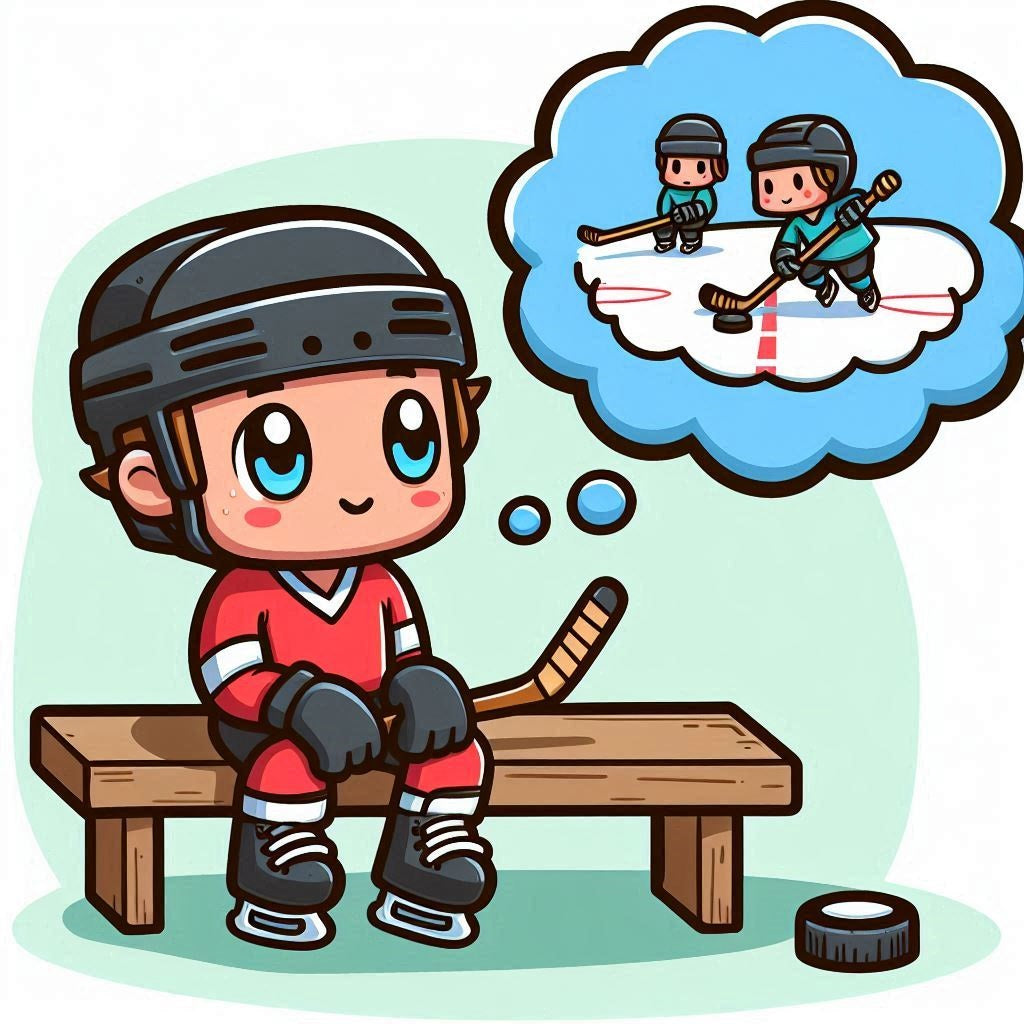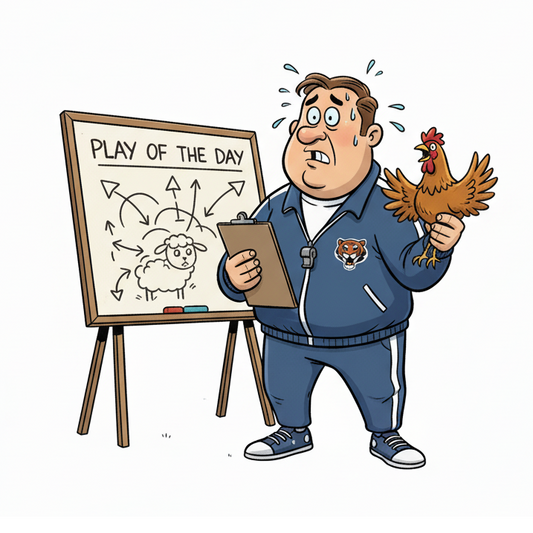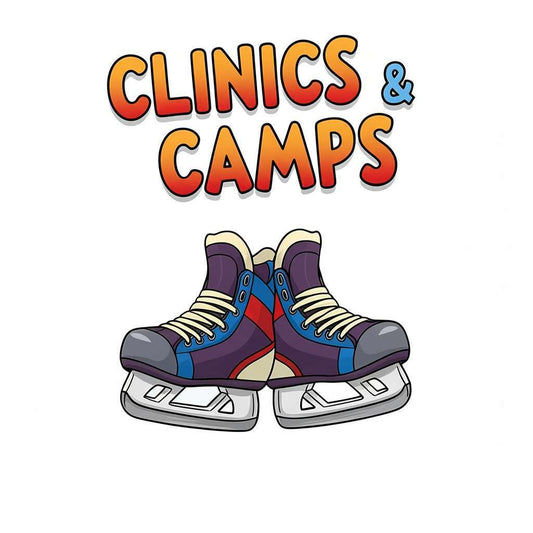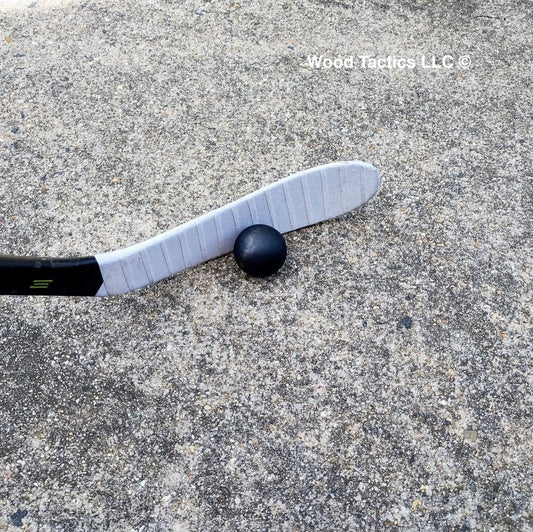
Share
How to build Hockey IQ and Sense, on and off the ice
Lawrence Cutlip-MasonHockey IQ vs. Hockey Sense
Hockey IQ refers to a player’s ability to analyze and understand the game. It’s the intellectual side of hockey: recognizing patterns, reading the play, and making smart decisions. For instance, knowing when to pass instead of carrying the puck or spotting a defensive lapse and exploiting it. It’s about processing the game quickly and acting accordingly, often based on a deep understanding of strategies and tendencies.
On the other hand, Hockey Sense is more instinctual—it’s that natural "feel" for the game that some players seem to have. Players with strong Hockey Sense can anticipate where the puck will go or intuitively know how to position themselves. It’s like they operate on an unspoken wavelength, often making plays that surprise even their teammates. While Hockey IQ involves deliberate thought, Hockey Sense feels more like an unconscious reaction.
Can Hockey IQ and Hockey Sense Be Taught?
There’s a common belief that these skills are entirely innate—you either have them, or you don’t. That’s not true.
-
- Hockey IQ can absolutely be developed. Through video analysis, situational drills, and fostering communication, players can improve their ability to see the ice, process information, and react intelligently.
- Hockey Sense, while harder to teach, can still be cultivated to some degree. Exposure to diverse game situations and frequent play helps players develop a better "feel" for the game over time.
How to Teach It
Developing these skills isn’t about rigid drills or systems. It’s about helping players see the game differently and empowering them to make smarter, faster decisions. Much of this work begins off the ice, but the lessons are put into action during practice and games.
Off the Ice
Video Analysis
Watching game footage is a cornerstone of developing Hockey IQ. Break down plays with players, highlighting examples of smart reads and decision-making. Ask questions like, “What could have been done differently?” or “Why was this player successful here?”
Strategy Games
Board games, chess, or even strategy-based video games are excellent tools to sharpen decision-making skills. Add time constraints to mimic the quick thinking required in hockey.
Whiteboard Sessions
Walk through different systems—like breakouts or penalty kills—using a whiteboard. Pose scenarios: “What would you do here?” This forces players to think critically and articulate their decision-making process.
Watching Pros and Predicting Plays
Encourage players to watch NHL games and focus on a specific player, not the puck. Pause the game and ask, “What’s their next move?” or “Where’s the puck going next?” This builds anticipation and awareness.
On the Ice
Small-Area Games
These are invaluable for fostering quick thinking and situational awareness. Games like 3-on-3 in confined spaces force players to make rapid decisions and improve their spatial awareness. Adding constraints, such as requiring three passes before shooting, further challenges their creativity.
Game-Like Scenarios
Create drills that replicate in-game situations—like odd-man rushes or breakouts. Pause occasionally to discuss options and decision-making, helping players understand the reasoning behind their choices.
Heads-Up Drills
Encourage players to keep their heads up during puck-handling drills. Navigating obstacles or completing passes while looking up sharpens their ability to see the ice in real game scenarios.
Position Swaps
Rotating players into unfamiliar positions gives them a new perspective on the game. For example, a forward playing defense learns how a defenseman sees the ice, which can enhance their understanding and decision-making.
Encouraging Creativity
Allow room for mistakes, especially in exhibition games or practices. Tell players to experiment—try bold passes, take risks, and explore new approaches. Creativity is crucial for developing both Hockey IQ and Hockey Sense, as playing it safe won’t foster growth.
Final Thoughts
Both Hockey IQ and Hockey Sense are critical to a player’s success, and while they manifest differently, they’re interconnected. By combining off-ice learning with thoughtful, game-like practice situations, coaches can help players unlock their potential.




